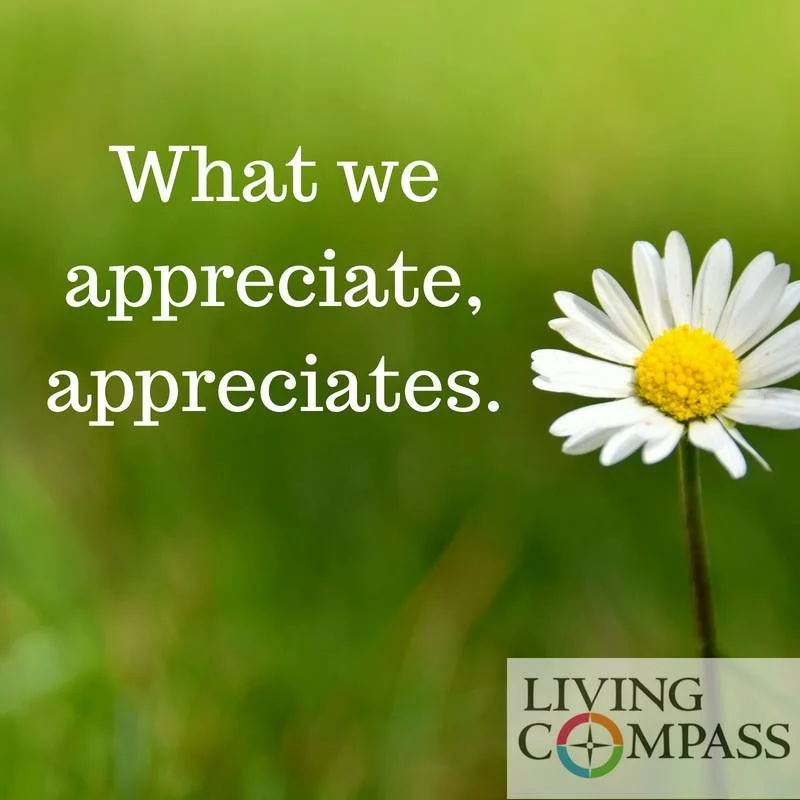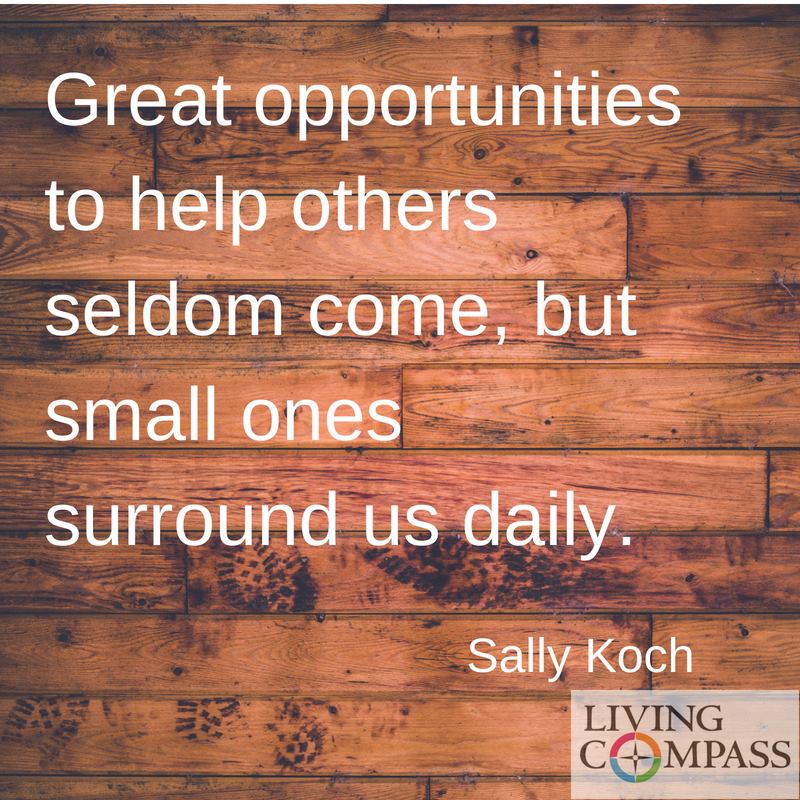The Voice of Our Inner GPS
Summer is a time when many of us spend more time in our cars as we head out on road trips, vacations, trips to the beach, or even long drives just for the fun of it. If you are like me, you have come to rely on navigational software when you drive, especially when headed to an unfamiliar destination. I realized just the other day that there are some valuable life lessons to be learned from my directional assistance software.
There are always multiple routes available. When I enter a destination, my software always gives me at least three options from which I can choose. I have learned that sometimes the most interesting routes are the longest ones, taking me by sites I would easily miss on the more direct, faster route. Regarding whatever short or long-term destination we are seeking in our own lives, it's good to remember that there are always multiple ways of getting there and that often the less traveled routes are most rewarding.
Stay calm in the midst of stress. A few weeks ago I was driving in heavy traffic in the middle of a torrential rainstorm. It didn't matter how stressful the situation was, the voice of the woman who speaks to me through my software remained cool, calm, and collected. I would be wise to do the same when talking to myself or others in the midst of stressful times.
Be kind to yourself when you've made a wrong turn. As I said, the voice of my directional assistance software is always calm. This especially impresses me when I make a series of wrong turns. I fully expect her to turn on me at some point with something like, "How many times do I have to tell you?" Again, I wish I could be so kind when I or others make wrong turns.
Recalculating is always possible. Speaking of wrong turns, my software never gives up on me when I miss a turn. Instead, it just calmly lets me know that it is recalculating and then gives me new directions based on where I am now located. Never once has my software said to me, "I have no idea how to help you now, and so I give up."
Learn to celebrate small achievements. It's a small thing, but I love it when my software sounds a little chime when I arrive at my destination. It's as if she is giving me a high five and saying,"Way to go, you made it!" It's a little thing of course, but it's also a reminder to regularly celebrate small achievements, both for ourselves and others.
So here's to a few more road trips before summer is over, and here's to the many directional assistance software programs that assist us in more ways than one.
Subscribe Now to Weekly Words of Wellness:
Click the button below to signup for the e-mail version of Weekly Words of Wellness. This weekly article can be shared with your community electronically and/or used for group discussion.
You can unsubscribe at any time.




